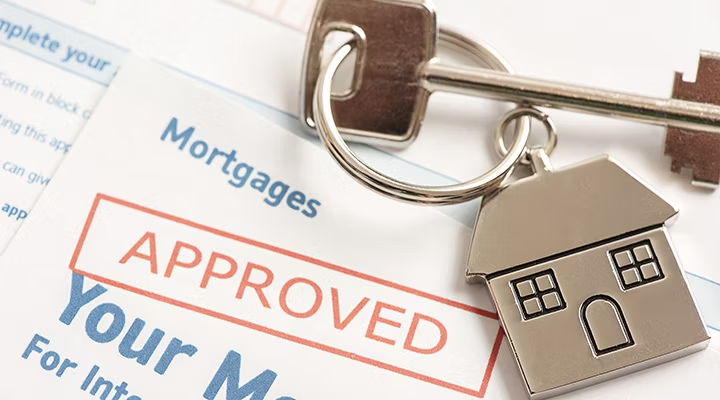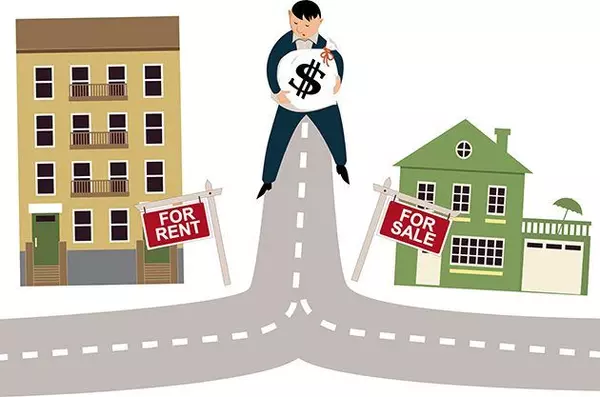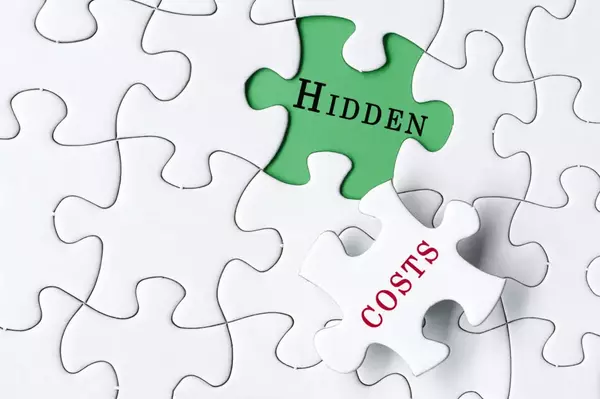How to Determine Your Homebuying Budget
Purchasing a home is one of the most significant financial decisions you'll ever make. To navigate this journey successfully, it's crucial to determine your homebuying budget accurately. This involves understanding your mortgage options, making informed investment choices, and practicing effective budgeting strategies. Here’s some practical advice to help you get started.
Understanding Mortgages
A mortgage is a loan specifically designed for purchasing property. Before diving into the homebuying process, it’s essential to get pre-approved for a mortgage. Pre-approval not only gives you a clear idea of how much you can borrow but also makes you a more attractive buyer to sellers.
To get pre-approved, lenders will assess your financial health by looking at your credit score, income, and debt-to-income ratio. A higher credit score can secure you a lower interest rate, which can save you thousands of dollars over the life of the loan. Therefore, it might be worth improving your credit score before applying for pre-approval.
Budgeting for Your Home Purchase
Setting a realistic budget is key to ensuring that your home purchase is financially sustainable. Start by evaluating your monthly income and expenses. Use this information to calculate how much you can afford to spend on monthly mortgage payments without compromising your lifestyle or financial goals.
Experts often recommend following the 28/36 rule: allocate no more than 28% of your gross monthly income toward housing expenses and no more than 36% toward total debt (including housing costs). This guideline helps ensure that you're not overextending yourself financially.
Additional Costs to Consider
When budgeting for a home, it's essential to account for more than just the purchase price and monthly mortgage payments. Here are some additional costs that many first-time buyers overlook:
1. Down Payment: Typically ranging from 3% to 20% of the home's purchase price.
2. Closing Costs: These can include loan origination fees, appraisal fees, title insurance, and other expenses that usually amount to 2%-5% of the loan amount.
3. Property Taxes: These vary by location but can add significantly to your annual expenses.
4. Homeowners Insurance: Necessary for protecting your investment.
5. Private Mortgage Insurance (PMI): If your down payment is less than 20%, you’ll likely need PMI.
6. Maintenance and Repairs: Budget around 1%-3% of the home's value annually for upkeep.
Investing Wisely
Once you've established a budget and accounted for all potential costs, it's time to think about investing in your new home wisely. Consider factors like location, future resale value, and community amenities when choosing a property. While it might be tempting to stretch your budget for a dream home in an ideal neighborhood, remember that overextending yourself financially can lead to long-term stress and potential financial instability.
Moreover, think about how owning this home fits into your broader investment portfolio and financial goals. Real estate can be an excellent long-term investment if chosen wisely but should complement rather than compromise other investment strategies like retirement savings or stock market investments.
Final Thoughts
Determining your homebuying budget is a complex but crucial step in the journey toward homeownership. By understanding mortgage options, setting realistic budgets, accounting for additional costs, and making wise investment choices, you’ll be better prepared to make an informed decision that aligns with both your short-term needs and long-term financial goals.
Remember that while buying a home is an exciting milestone, it's essential to approach it with careful planning and consideration to ensure it becomes a rewarding experience rather than a financial burden. Happy house hunting!
Categories
Recent Posts










